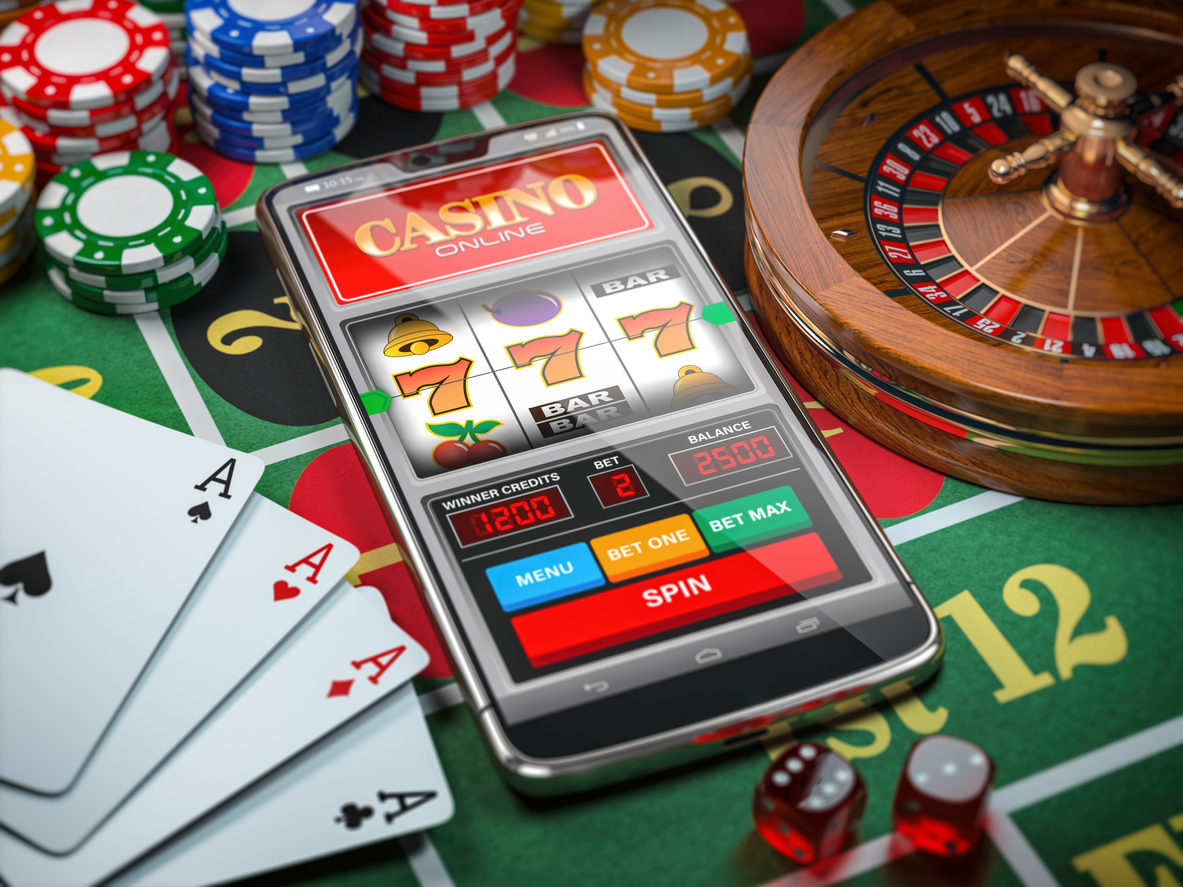
Casino experiences have enthralled players over the ages, progressing from basic recreational activities to intricate adventures that integrate chance, strategy, and entertainment. From the historical origins of gambling in societies including the ancient societies of Mesopotamia and Rome to the glitzy corridors of current casinos, the history of these games shows much about the human experience and our connection with chance. As societies have intertwined and innovation has progressed, casino games have evolved, mirroring shifts in society and innovations in gameplay.
The initial iterations of gambling likely included basic games involving dice and placing bets on the outcomes of sports competitions. Through the years, these basic forms of gambling grew into better-organized games like playing card games, the roulette wheel, and the myriad slot games that populate the premises of casinos today. Each era brought its own set of rules, design elements, and cultural importance. At present, casino games persist in evolving with the rise of internet-based platforms, enabling players from everywhere to participate in a collective experience, further fusing the traditional with the age of technology.
Ancient Roots of Gaming Activities
Casino activities have roots that reach back to old societies, where wagering was deeply entrenched in social practices and social customs. The earliest known forms of betting appeared in Mesopotamia around three thousand BC, featuring primitive die activities made from knuckle bones. These initial activities laid the foundation for more complex betting games, reflecting human beings’ instinctive urge to pursue wealth and entertainment through luck.
As civilizations progressed, so did their gambling pursuits. In ancient Chinese culture, around 2300 BC, tiles were found that resembled early basic forms of a lottery game game. More organized instances of gambling arose in the ancient Roman civilization, where games of luck were a frequent recreation, often occurring in community events. The ancient Romans developed multiple betting activities, which entailed dice and board games, highlighting the pervasive nature of gambling across different social classes.
With the movement of time, these primitive activities contributed to the development of contemporary casino activities. In the Middle Ages, card activities emerged prevalent in European culture, paving the way for the organized gaming establishments we know today. The change from casual gambling to formal gambling in taverns and private homes marked a major transformation in how people engaged with activities of chance, leading to the eventual establishment of casinos as specialized venues for gambling.
The Growth of Current Gambling Industry
The final 1960s and 1970s marked a crucial change in the realm of gambling games, driven by tech innovations and changes in cultural attitudes towards gambling. The emergence of personal computers and the World Wide Web transformed the way gamblers interacted with their beloved gaming experiences. Online casinos emerged, enabling enthusiasts to enjoy classic casino classics like poker and blackjack from the comfort of their homes. This emerging online environment not only expanded availability to gambling options but also drew in a newer crowd who found the convenience and variety appealing.
As online gambling gained traction, so did advancements in gaming technology. The development of sophisticated programs and graphics converted conventional gambling games into immersive experiences. Gamblers could now interact with live dealers through live streaming, importing the atmosphere of brick-and-mortar casinos directly into their living rooms. This blending of in-person play with digital interfaces created a unique hybrid experience that elevated the community element of gambling, making it possible for individuals to engage and compete with fellow gamers around the globe.
Moreover, the rise of gaming on mobile devices substantially changed the casino landscape. With the widespread use of smartphones and touch devices, gamblers can access their beloved gaming options anywhere, at any time. Mobile apps offer a wide selection of games tailored for touchscreens, catering to the fast-paced lifestyle of modern users. This easy access has resulted in growing engagement in gambling, fostering the exponential growth of the gaming industry. As a result, the outlook of gambling continues to evolve, responding to technological advancements and shifting consumer preferences.
The Impact of Technology on Casino Games
The evolution of technology has significantly transformed casino games, enhancing the overall experience for players for players around the world. With the introduction of the internet, online casinos emerged, allowing players to enjoy their favorite games from the comfort of their homes. This shift not only made casino games more available but also increased the variety of games offered, as online platforms could offer many different versions of traditional games without the physical constraints of brick-and-mortar establishments. https://789winn.io/
The rise of mobile technology further transformed the casino gaming landscape. As smartphones and tablets became widespread, players now have the ability to engage in casino games anytime and anywhere. This mobility has resulted in the creation of dedicated mobile applications and optimized websites that provide seamless gaming experiences. Additionally, innovations such as live dealer games have delivered the authentic atmosphere of a casino into players’ living rooms, connecting between physical and online gaming.
Furthermore, advancements in artificial intelligence and VR are leading to the next generation of casino games. AI enhances game design and player interaction, creating customized experiences based on user behavior and preferences. Meanwhile, virtual reality offers immersive environments where players can engage in a virtual casino environment, making the gaming experience more exciting and realistic. As technology continues to evolve, the future of casino games looks promising, filled with endless possibilities for innovation and entertainment.
